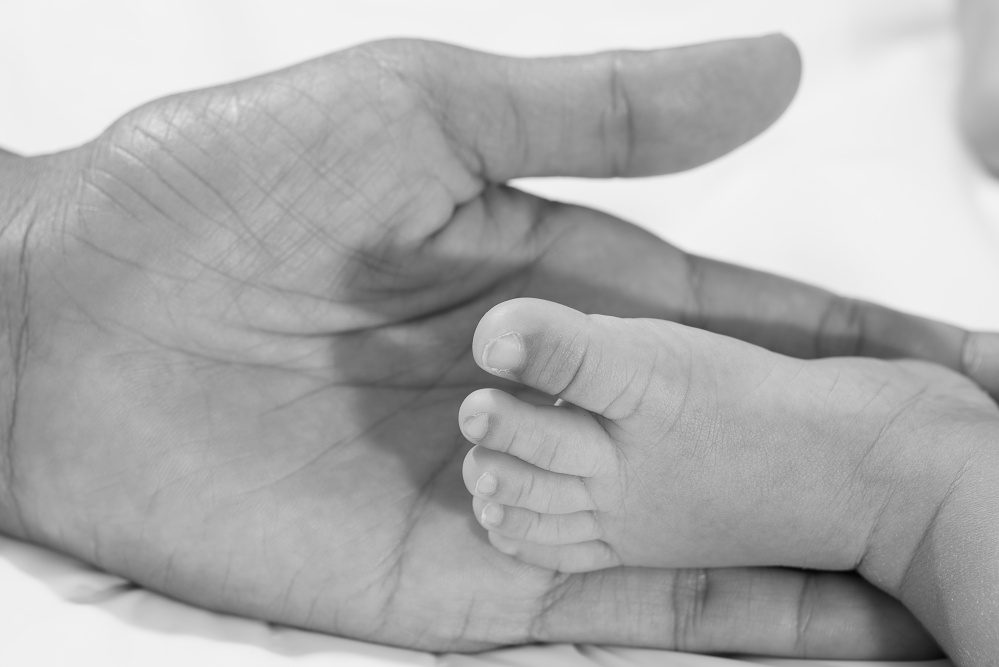Every year across the United States, several hundred infants are killed in their first 24 hours of life – an act known as neonaticide. A high-profile case of neonaticide in Maine concluded this month with the sentencing of the mother to nine years in prison. But while incarceration may satisfy calls for retribution, preventing neonaticide demands that we reach out to women at risk.
Kayla Stewart, who pleaded guilty Jan. 4 to manslaughter, gave birth in December 2015 at the Fairfield home she shared with her boyfriend, Nicholas Blood. According to prosecutors, Stewart, then 20, either left the full-term boy to die in the unheated garage or smothered or suffocated him. Her defense attorney argued that Stewart believed the child was stillborn and wrapped him up and put him behind an oil tank in the garage as a way to keep the baby with her.
Stewart’s experience fits a pattern that Michelle Oberman, a law professor who has studied neonaticide, recently described to the Morning Sentinel’s Colin Ellis: isolation and denial. Stewart and Blood, then 25, already had a 3-year-old and both worked. They didn’t see much of each other, her attorney said, and Stewart wasn’t close to her adoptive mother.
Asked by her mother whether she was pregnant, Stewart initially denied it, according to a probable-cause affidavit; later, in either late November or early December, she called her mother and said she’d been seen by a doctor after a fall at work and had been told that her fetus was just a few months old and had no heartbeat. Neither of these were true. Stewart’s attorney said her client was convinced the baby was dead because she “smoked and did drugs” during the pregnancy.
What is clear is that Stewart had no plan for giving birth, and that like most women who deliver a child unexpectedly, she was in no condition to take proactive steps – such as cleaning herself up, getting dressed and dropping off the child at a “safe haven,” like an ER or a doctor’s office.
Keeping newborns from being killed calls for making connections. Ideally, teenagers, one of the groups most at risk for pregnancy denial and infanticide, should have access to evidence-based sex education and contraception. If they don’t use birth control, or if it fails, they need someone in their lives – a health provider, a friend, a relative – who’s caring but still willing to ask questions and help the woman weigh her options. And the existence of “safe haven” laws can help by alerting the public to the possibility that someone they know might be concealing a pregnancy.
A child died just as his life was getting started. Sadly, nothing will bring him back – but if we want to prevent similar tragedies, intervention should take place far before the labor pains start.
Send questions/comments to the editors.



Success. Please wait for the page to reload. If the page does not reload within 5 seconds, please refresh the page.
Enter your email and password to access comments.
Hi, to comment on stories you must . This profile is in addition to your subscription and website login.
Already have a commenting profile? .
Invalid username/password.
Please check your email to confirm and complete your registration.
Only subscribers are eligible to post comments. Please subscribe or login first for digital access. Here’s why.
Use the form below to reset your password. When you've submitted your account email, we will send an email with a reset code.